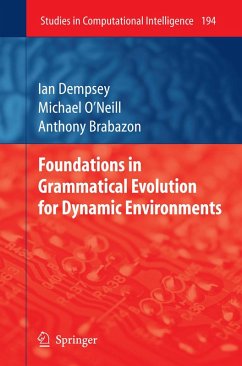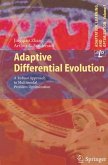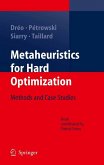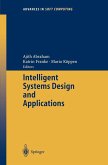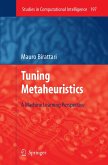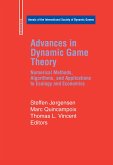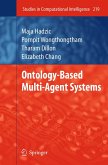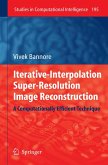Dynamic environments abound, encompassing many real-world problems in fields as diverse as finance, engineering, biology and business. A vibrant research literature has emerged which takes inspiration from evolutionary processes to develop problem-solvers for these environments.
'Foundations in Grammatical Evolution for Dynamic Environments' is a cutting edge volume illustrating current state of the art in applying grammar-based evolutionary computation to solve real-world problems in dynamic environments. The book provides a clear introduction to dynamic environments and the types of change that can occur in them. This is followed by a detailed description of evolutionary computation, concentrating on the powerful Grammatical Evolution methodology. It continues by addressing fundamental issues facing all Evolutionary Algorithms in dynamic problems, such as how to adapt and generate constants, how to enhance evolvability and maintain diversity. Finally, the developed methods are illustrated with application to the real-world dynamic problem of trading on financial time-series.
The book was written to be accessible to a wide audience and should be of interest to practitioners, academics and students, who are seeking to apply grammar-based evolutionary algorithms to solve problems in dynamic environments. 'Foundations in Grammatical Evolution for Dynamic Environments' is the second book dedicated to the topic of Grammatical Evolution.
'Foundations in Grammatical Evolution for Dynamic Environments' is a cutting edge volume illustrating current state of the art in applying grammar-based evolutionary computation to solve real-world problems in dynamic environments. The book provides a clear introduction to dynamic environments and the types of change that can occur in them. This is followed by a detailed description of evolutionary computation, concentrating on the powerful Grammatical Evolution methodology. It continues by addressing fundamental issues facing all Evolutionary Algorithms in dynamic problems, such as how to adapt and generate constants, how to enhance evolvability and maintain diversity. Finally, the developed methods are illustrated with application to the real-world dynamic problem of trading on financial time-series.
The book was written to be accessible to a wide audience and should be of interest to practitioners, academics and students, who are seeking to apply grammar-based evolutionary algorithms to solve problems in dynamic environments. 'Foundations in Grammatical Evolution for Dynamic Environments' is the second book dedicated to the topic of Grammatical Evolution.
Dieser Download kann aus rechtlichen Gründen nur mit Rechnungsadresse in A, B, BG, CY, CZ, D, DK, EW, E, FIN, F, GR, HR, H, IRL, I, LT, L, LR, M, NL, PL, P, R, S, SLO, SK ausgeliefert werden.

